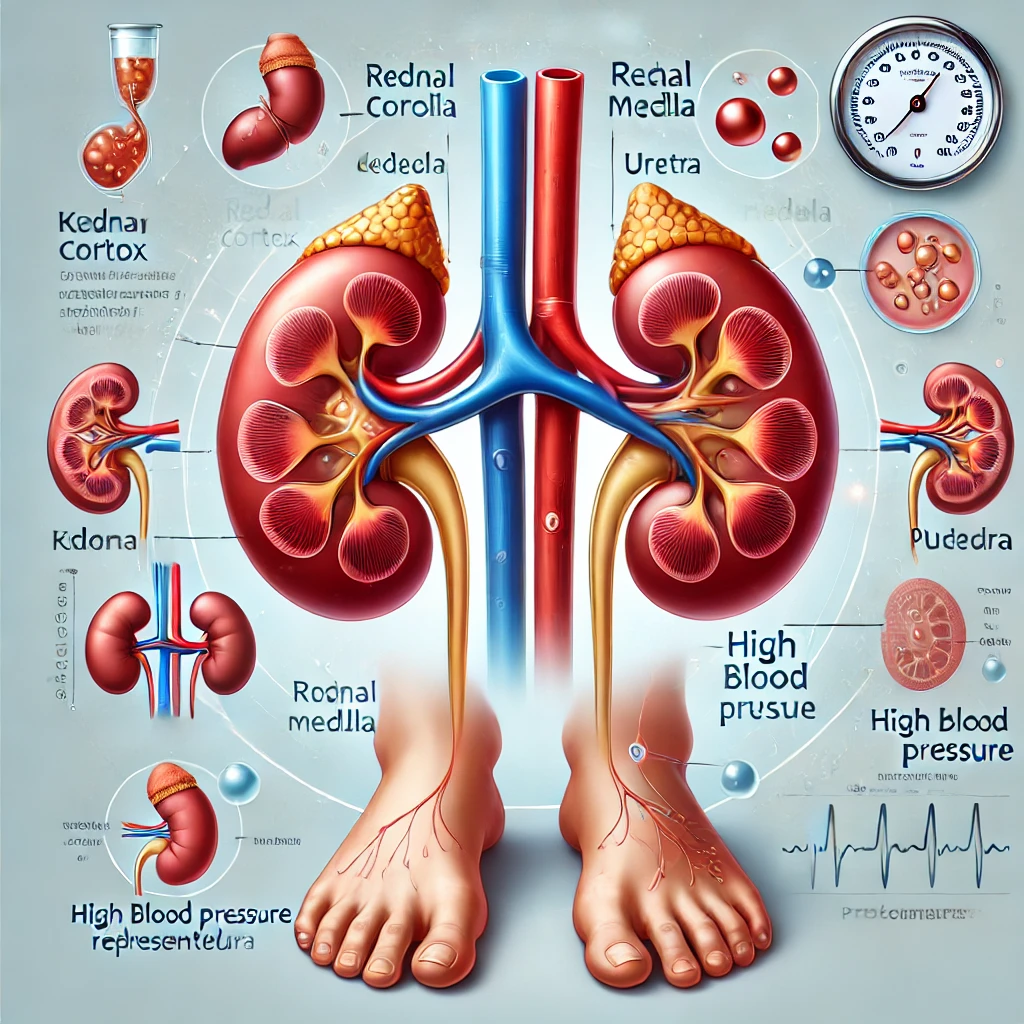Signs of Kidney Disease: Warning Signals and Management Tips
Signs of kidney disease, Kidney disease often goes unnoticed in its early stages because the symptoms are not always obvious. However, recognizing the warning signs and seeking medical attention at the right time can prevent… Signs of Kidney Disease: Warning Signals and Management Tips
